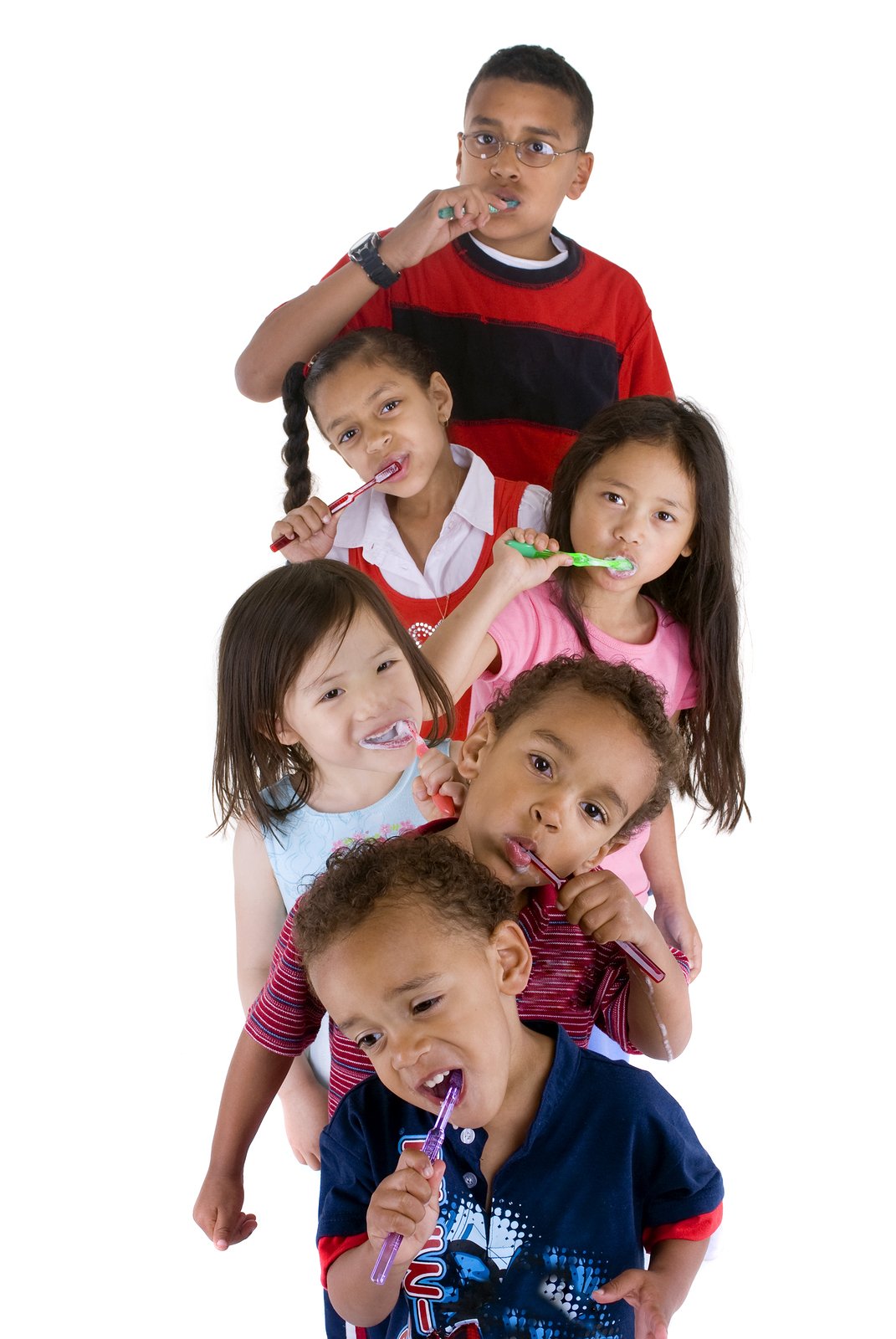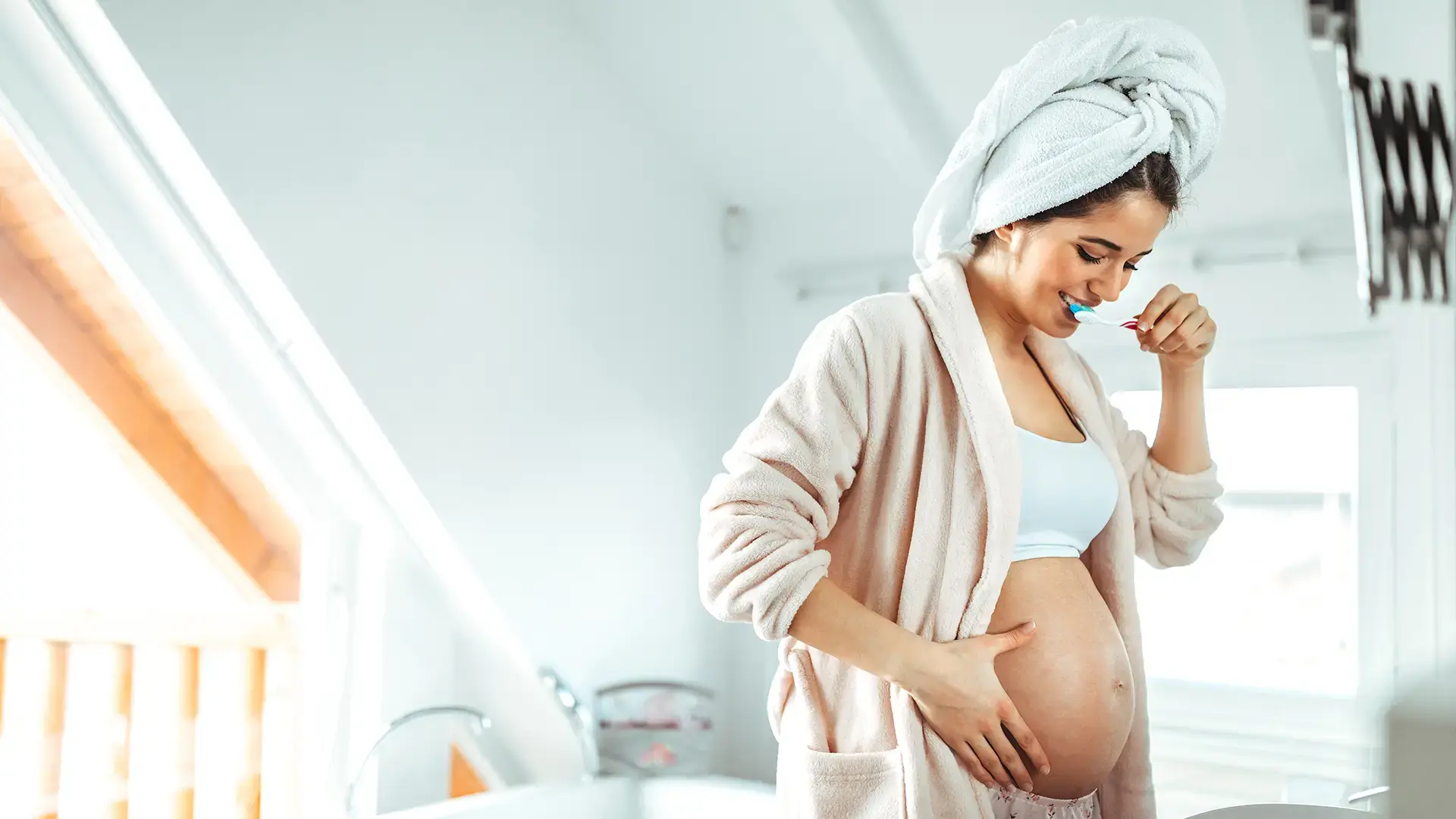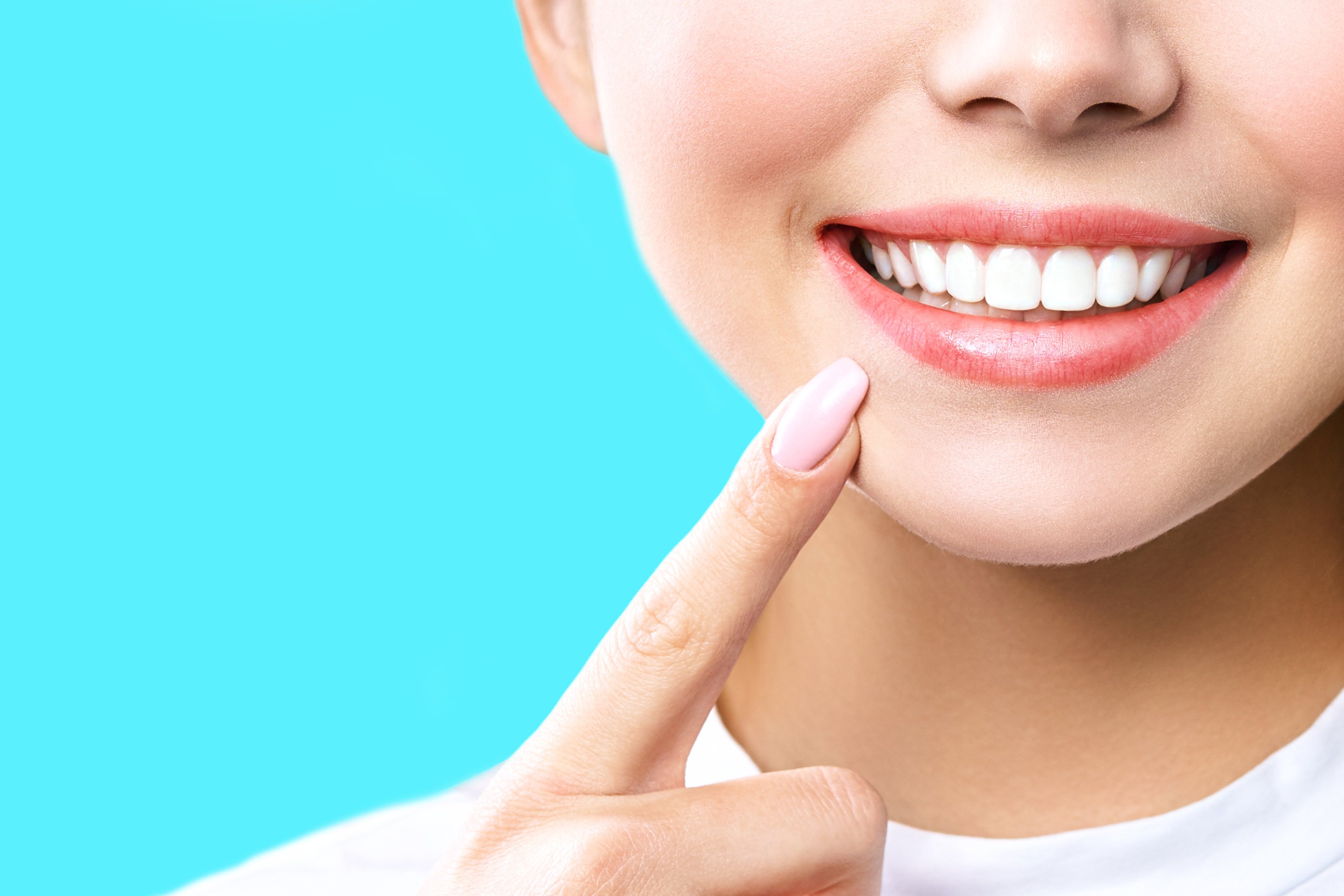The Kid-Friendly Guide to Brushing Your Teeth and Avoid Cavities

Summarize with AI
Researchers are learning more about how oral health affects the entire body, and it turns out that many chronic health conditions can be linked to tooth decay and gum disease. With this in mind, when children learn at an early age how to care for their teeth and gums, they are mastering important wellness skills they will carry into their adult lives.
How to Brush Your Child's Teeth
As soon as your child’s teeth erupt, you should brush them twice daily to prevent cavities. Use a soft-bristled toothbrush without toothpaste since young children are more likely to accidentally swallow while brushing.
If you have been regularly brushing your child’s baby teeth, morning and evening, you are already well on your way to teaching your child to brush. Explaining to your child what you are doing, and even letting him or her watch you brush your teeth, are also helpful.
Brushing Tips for Kids
Children should learn to use short strokes that reach a tooth’s entire surface. Teach your child to mentally divide their mouth into quarters (i.e., top right, bottom left) and to spend at least 30 seconds on each quadrant. Use an egg timer, kitchen timer, or cell phone clock to help your kids stay accountable.
Another tool that can help teach your child to brush is the plaque disclosing tablet. These pink tablets are available from your dentist or at any drugstore. Your child chews the tablet after brushing and you can examine his or her teeth. Pink stains show where plaque is still present. Your child can learn from these stains which indicate where he or she tends to “miss” while brushing.
When to Start Brushing Teeth
Children mature at different speeds, so the optimal age for a child to start brushing his or her own teeth will vary. Many children can brush their teeth by the age of six, although you will want to supervise brushing to ensure that your child is doing a thorough job.
How to Teach a Toddler to Brush Teeth
You can help your child learn proper tooth brushing techniques by brushing their teeth for them and brushing your own teeth alongside them. That said, even after they learn proper technique, you should supervise their efforts for some time.
Dental experts say that it isn’t unusual for some children to need some brushing supervision until they are twelve, though some children can be very responsible in regard to oral hygiene at a young age. Use the plaque disclosing tablets as well as reports from your dentist to determine how much attention you need to pay to your child’s daily brushing and flossing.
How Long Should Kids Brush Their Teeth for
Just like adults, children should brush their teeth for two minutes. This is about the duration of the happy birthday song. With this in mind, you can encourage your kids to hum the song to themselves while they brush their teeth.
How Often Should Kids Brush?
Like adults, children should brush at least twice a day: Once in the morning after breakfast, and once in the evening before bed. Your child’s dentist can tell you if your child should be brushing more often.
What About Flossing?
You should begin flossing your child’s teeth when your child has at least two teeth next to each other. Flossing should take place once a day in the evening.
What is the Best Toothbrush For Children?
Children benefit from using smaller toothbrushes designed for little hands and mouths, and many companies now manufacture brushes that are designed for specific age groups. Check product labeling to make sure that the toothbrush you choose has soft bristles, as these are the most effective at removing plaque from between the teeth and under the gum line. If you have any questions about the right toothbrush for your child, contact your dentist's office for professional advice.
What is the Best Toothpaste for Children?
For many children, taste can be a dealbreaker when it comes to toothpaste. Your child’s dentist or hygienist can make brand recommendations, but you may simply need to try several before you find one that your kids enjoy (or tolerate) using.
How Much Toothpaste Should My Child Use?
Your child should not use toothpaste until they are old enough to follow instructions to spit and rinse. Once they’re ready you should limit how much toothpaste you use.
Toothpaste advertisements often show a long strip of toothpaste on a toothbrush. However, children, particularly young children, simply don’t need this much product. The American Dental Association recommends that children under the age of three brush their teeth morning and night with a “smear” of fluoride toothpaste. The amount used should be no larger than a grain of rice. Children over the age of three should use a pea-sized portion of toothpaste.
How Often Should My Child See the Dentist?
Take your child to the dentist after his or her first tooth erupts, or when he or she turns one, whichever comes first. Early exams allow your dentist to monitor your child’s developing teeth, mouth, and jaw while also helping your child become comfortable with going to the dentist. Children should also visit their dentist every six months for an exam and cleaning. However, everyone is different, and your dentist may advise you to adopt a different schedule.
Gentle Dental’s friendly dental staff can help motivate your kids in their brushing and flossing and can let you know if your child will need specific dentistry services, such as sealants, fluoride treatments and braces in the future.
Two smiles, one-stop. Celebrate Children's Dental Health Month by booking your child’s next dental appointment at a Gentle Dental location near you.
.png)

